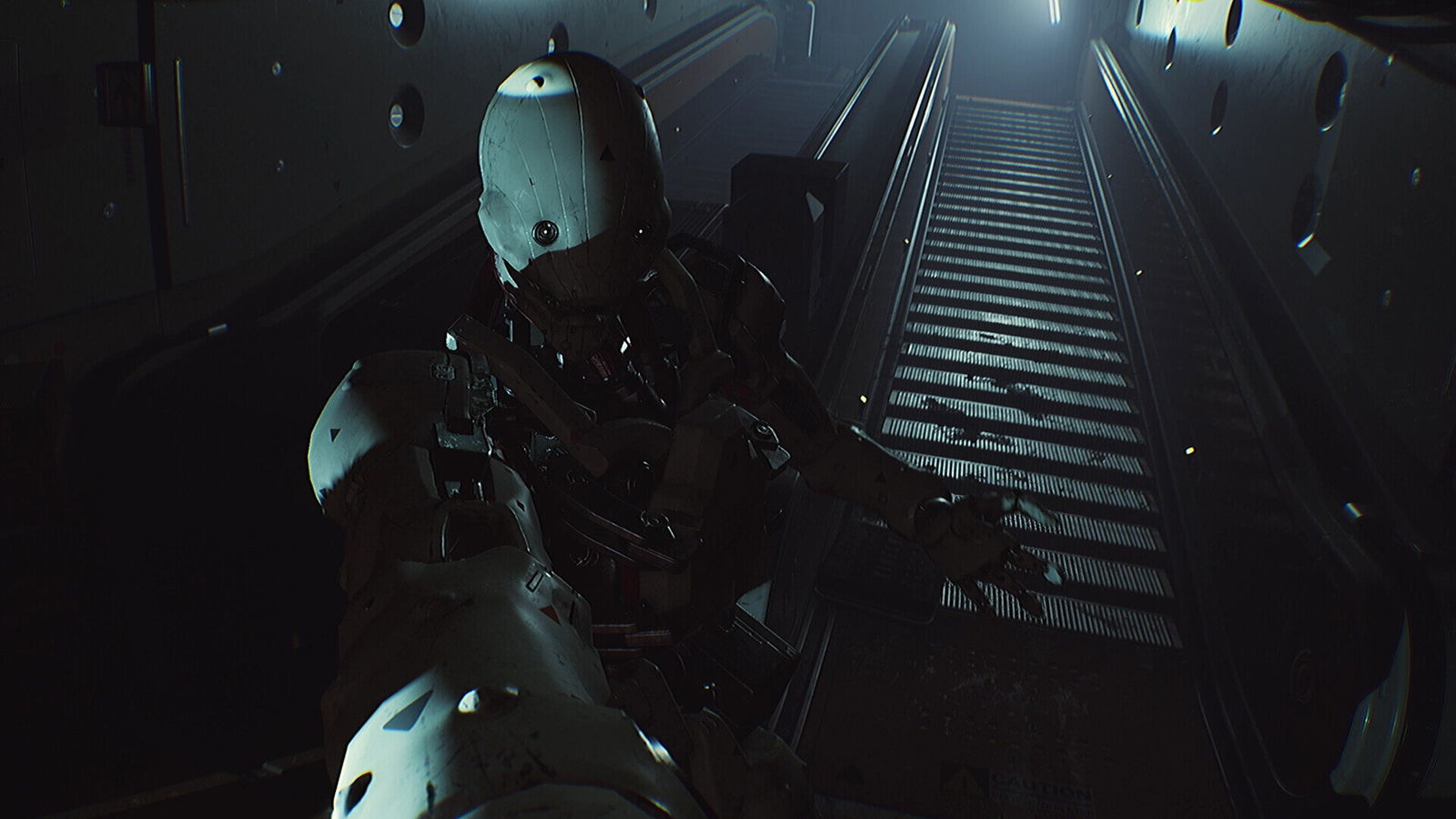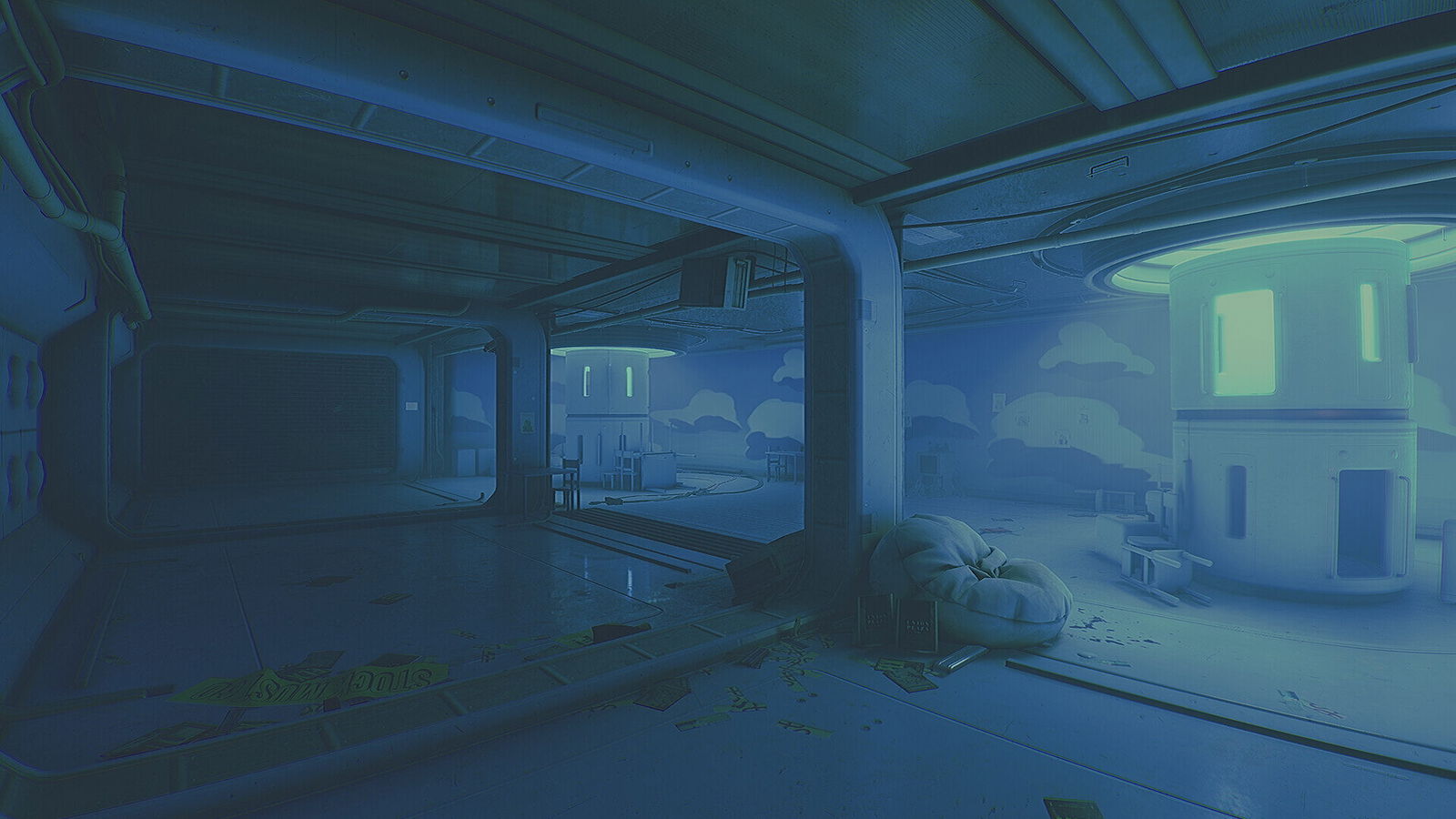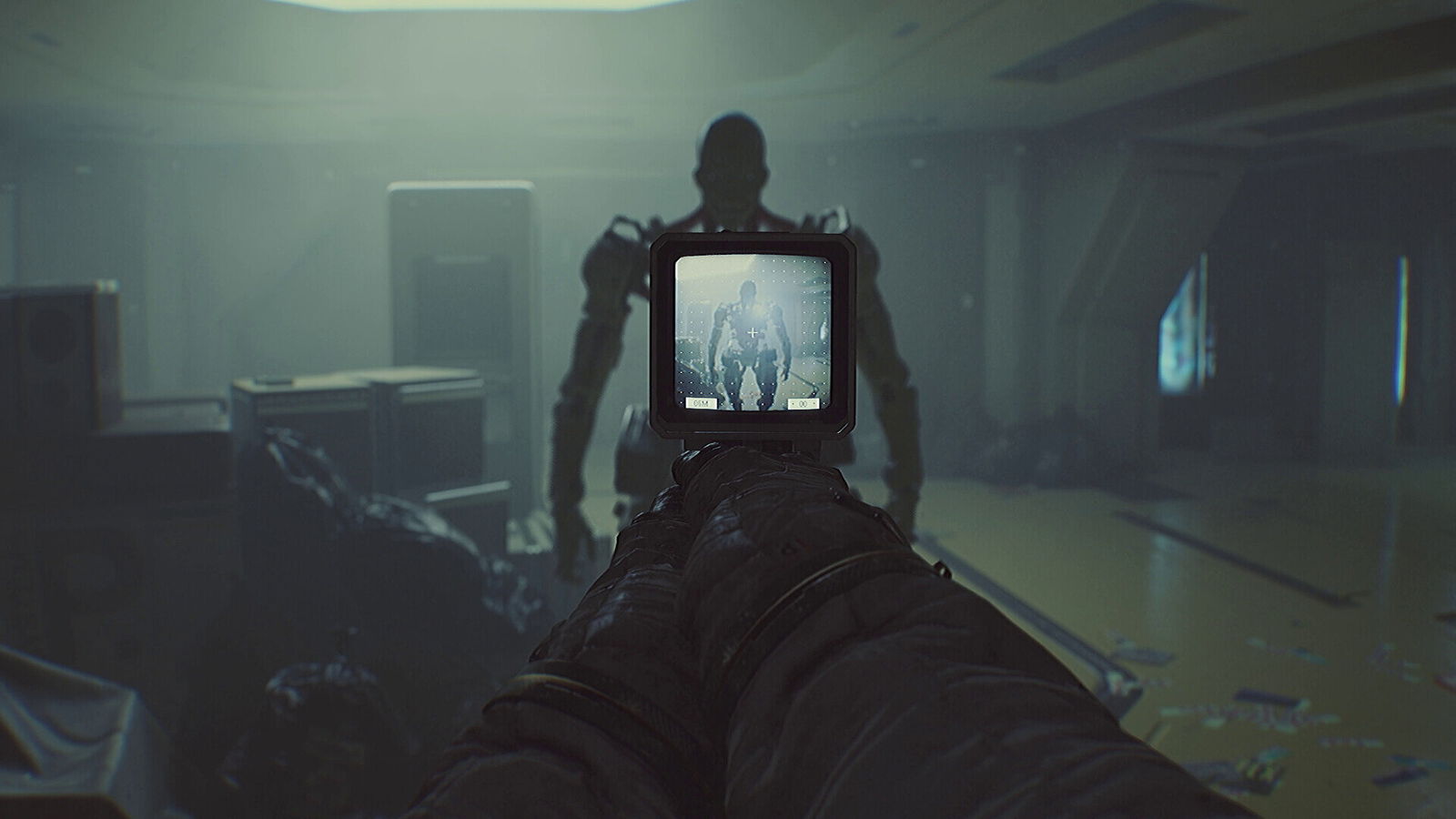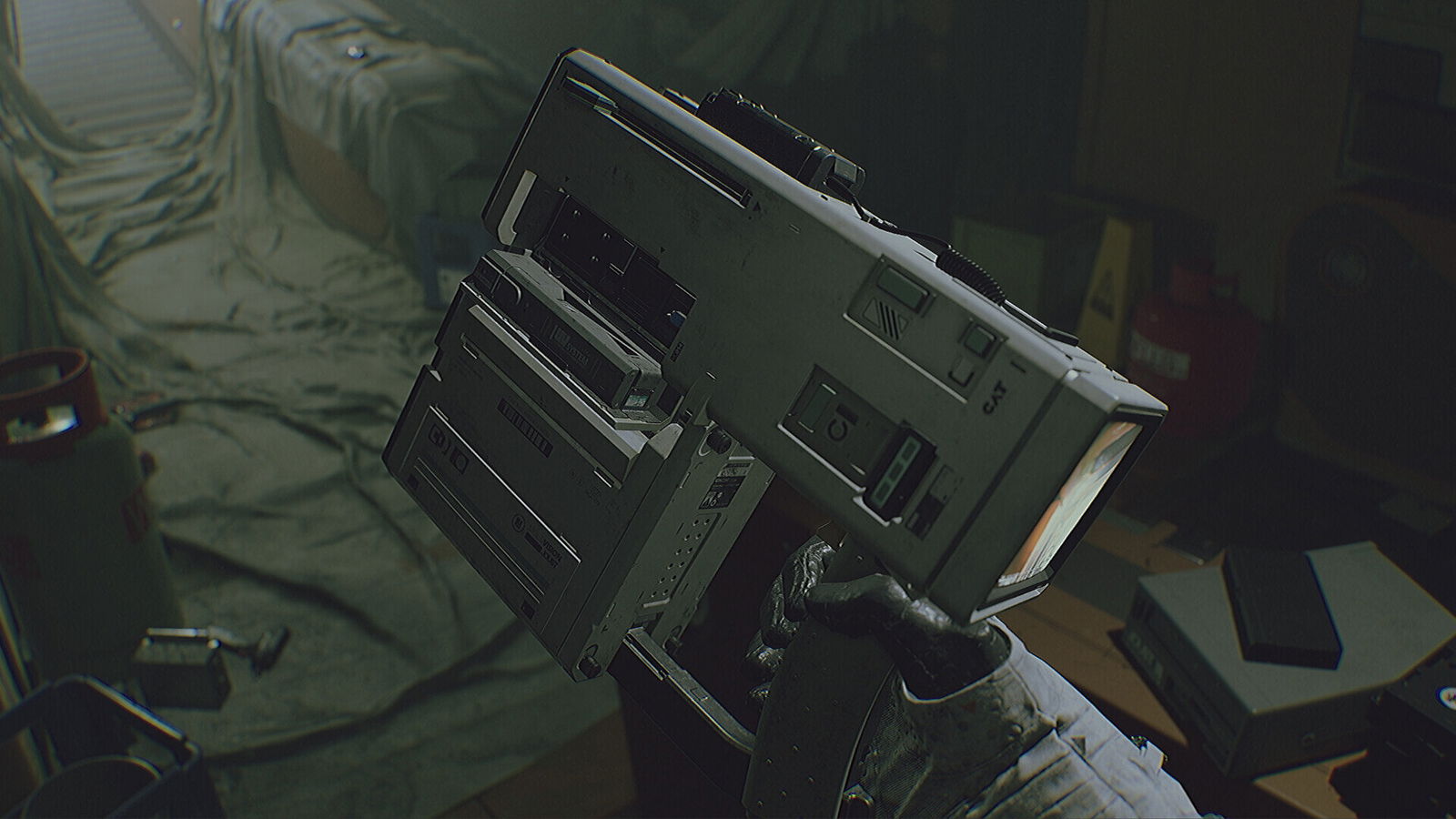After more than a decade of anticipation, Routine was finally shown in full force at gamescom 2025—and it looked very promising. Lunar Software, the small UK-based team behind the project, offered players a genuine look at what happens when patient design, uncompromising aesthetic choices, and pure suspense converge within a digital lunar wasteland.
Months of speculation came to an end as the public was given hands-on time with a title that had eluded release since its initial unveiling in 2013—a development cycle marked by multiple engine changes and years of radio silence, broken only by determined updates and the loyalty of its audience. Despite that long and winding history, the team appears to have nailed the concept. If the demo is any indication, Routine is shaping up to be a horror experience well worth exploring.

For anyone who hasn’t followed the game over the past decade, Routine centres on survival within an abandoned lunar base. Even with a familiar premise, Lunar Software has managed to craft something that feels fresh, unique, and oddly retro at the same time. As our session got underway, the atmosphere was palpable—every hallway and compartment pulsing with retro-analogue energy drawn from a 1980s vision of the future.
The VHS aesthetic serves not only as a visual motif but also infuses everything, from the soundscape to the tactile technology players manipulate in their fight to stay alive. The level of authenticity in every aspect of the game is remarkable. Hearing the developers speak about their dedication to achieving the analogue look was impressive, and the end result speaks for itself.
Players assume control of a solitary investigator, navigating Routine’s moonbase with nothing but the Cosmonaut Assistance Tool (CAT) and their wits. Unlike many modern horror games, Routine eliminates traditional UI elements entirely, relying instead on full-body awareness and intuitive environmental clues to build immersion. Everything from saving progress to interacting with terminals is done through the in-game interface—there are no menus that pull you out of the experience. We’ve seen similar design approaches in Dead Space, but Routine takes it a step further. There’s no digital handholding or glowing icons; it’s about learning how the world works, not the game.

The result is a uniquely demanding experience in which players must pay close attention to ambient noise, analogue error logs, and the subtle flicker of degraded displays to identify danger or uncover clues.
This commitment to immersion also extends to Routine’s threat design. Rather than populating the base with predictable enemies, the game employs an interconnected network of robotic stalkers. Watching it unfold, Routine’s mechanics feel like a blend of Alien: Isolation and Resident Evil, wrapped in a fantastic retro-futuristic twist. The system discourages reckless escape attempts, instead fostering a creeping tension that lingers long after an encounter ends.
“Unlike many modern horror games, Routine eliminates traditional UI elements entirely, relying instead on full-body awareness and intuitive environmental clues to build immersion.”
In the session I played, even with limited time, running was often suggested as the best way to deal with the robots blocking our path. However, players are free to experiment and adapt strategies to suit their play style. That said, it was made clear that these enemies aren’t meant to be faced head-on every time.
The level of detail and innovation on display is staggering—all the more impressive given Lunar Software’s size. Based in Manchester, the studio consists of just three core members, an intimacy that amplifies Routine’s handcrafted feel. One developer mentioned that his house is filled with analogue tech, which directly influences the game’s distinctive visual style.

Every corridor and shadow is deliberately designed to evoke not just isolation, but the tactile dread that comes from malfunctioning technology and looming mechanical threats. The team has been open about its aversion to shortcuts, with design choices like the lack of a traditional UI and the painstaking integration of mechanical puzzles standing as a testament to their design philosophy.
I walked away from my time with Routine very excited. Slated to arrive in late 2025, launching simultaneously for PC—via Steam—and Xbox consoles, with day-one access on Xbox Game Pass, this is a game fans of the genre NEED to play. For fans, this long-awaited confirmation provides not only closure to years of speculation but also a fresh reason to dive into a story that has never flinched from its roots or its desire to unsettle through atmosphere and analogue nightmares.




